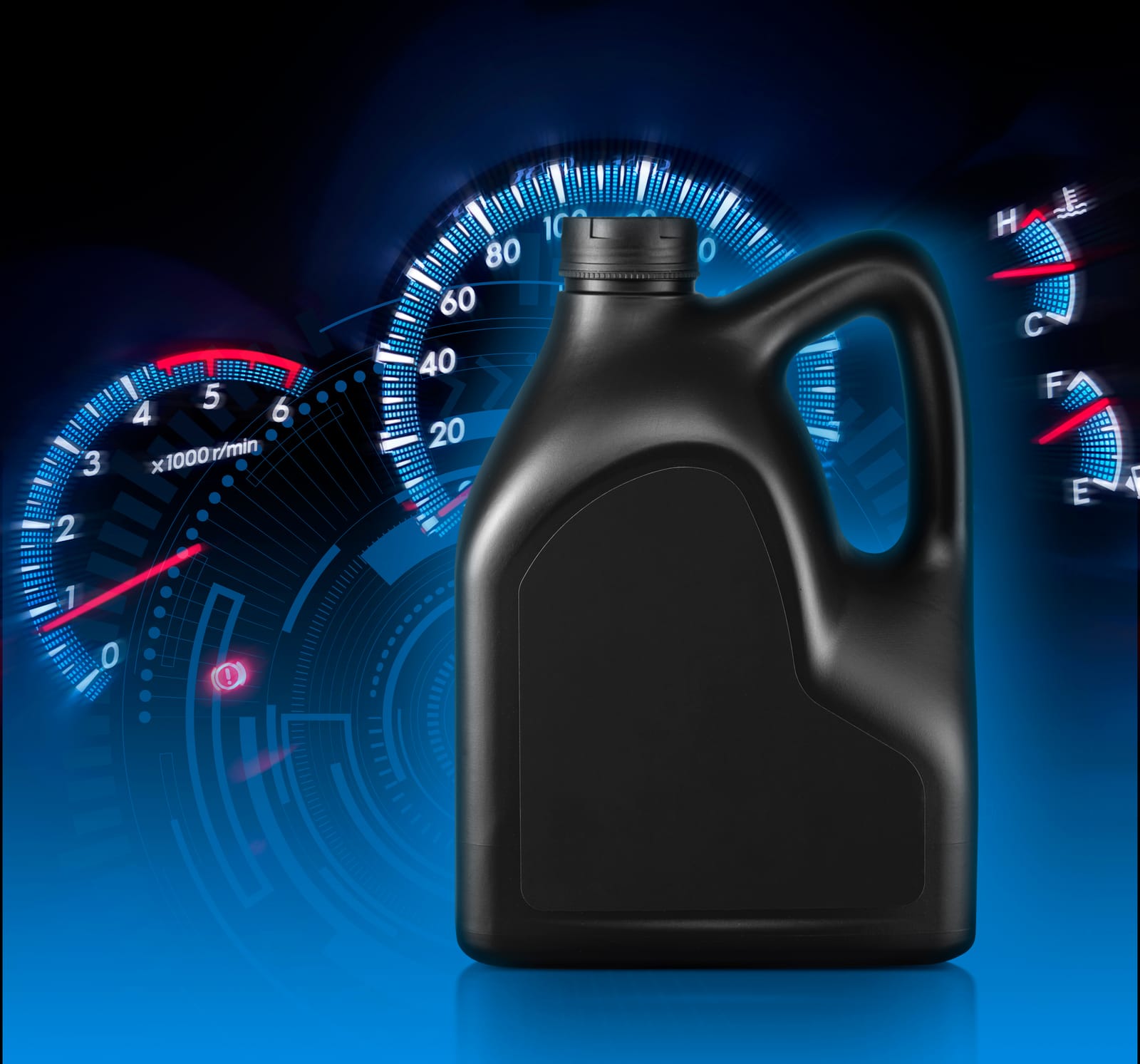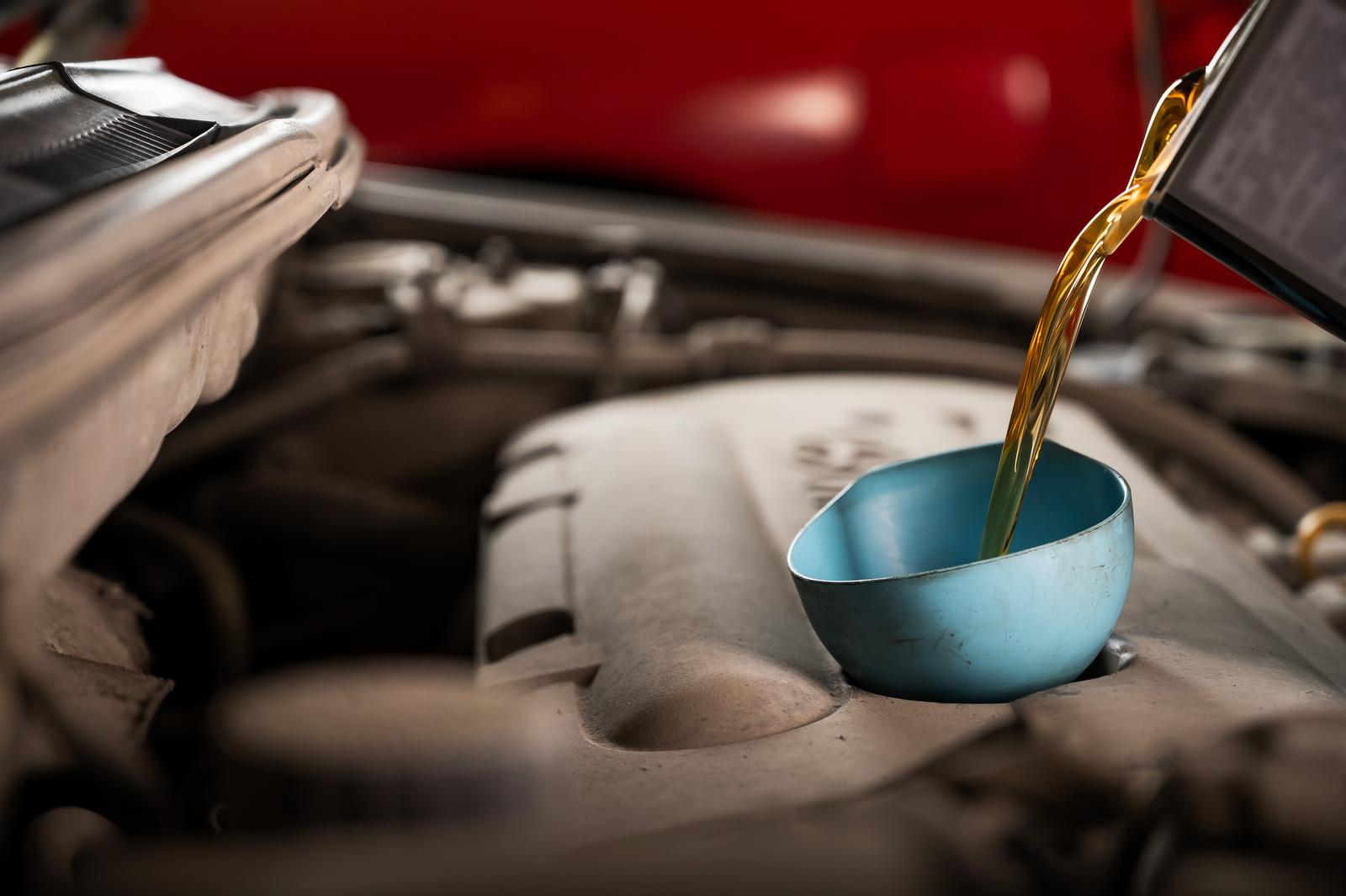We are your one-stop shop for all your auto repair needs. Our experienced technicians are here to provide top-notch service and get you back on the road in no time. Contact us today to schedule an appointment.

You want your engine to last. Service is the lifeblood of an engine. The appropriate oil type and interval protect parts, keep deposits in check, and reduce wear. (Leave it to rush-hour Fredericksburg traffic, short trips, and summer heat to wear your engine.)

With most modern cars, the standard mileage range for synthetic oil or the oil life monitor is 7,500 to 10,000 miles.
For older vehicles, a 3,000-mile recommendation is typically provided, and in severe driving conditions, it may be even less.
Severe driving conditions include operating at speeds less than 5 miles per hour per trip, operating in dusty conditions, or experiencing frequent idling.
Synthetic oil: Formulated and full-synthetic oils are designed for optimal protection against both heat and cold. They don’t break down or flow more slowly in the winter and can stand the turbo heat. Testing by AAA revealed that synthetic oils outperformed conventional ones by an average of 47 percent in industry-standard evaluations.
High‑mileage oil: Designed for engines that have accumulated many miles, usually 75,000 or more. Contains seal conditioners to help reduce oil leaks, as well as additives that help prevent seal breakdown. If you want the protection that synthetics offer and those conditioners, opt for a high-mileage synthetic.
When It’s Time to Change Your Oil
Normal Service:
Conventional oil: 3,000 miles
High‑mileage synthetic: Same as synthetic
Synthetic or Synthetic blend: 5,000 to 10,000 miles, or up to 6 months
Severe Driving Conditions:
Conventional oil: 3,000 miles
High‑mileage synthetic: Same as synthetic
Synthetic or Synthetic blend: 5,000 to 7,500 miles, or up to 6 months

You will want to consult America 1st Automotive if any of these conditions apply to your vehicle.
America 1st Automotive adheres to your factory schedule, employs the perfect oil grade for your vehicle and your driving conditions, and resets your oil life monitor. We analyze your driving behavior and establish a personalized reminder service that suits your lifestyle.
Are you prepared for an oil change or a recommendation based on your driving style? Call (540) 356-0656 or schedule service at 1006 Warrenton Road, Fredericksburg, VA 22406. Book your oil service now for total peace of mind.
An oil change is a vital part of vehicle maintenance. Over time, your engine will break down the motor oil due to high temperatures and the presence of contaminants. This oil is less effective as a lubricant and doesn’t help keep your engine cool as well. This degraded oil can lead to increased friction and possible engine damage. Not only do regular oil changes help extend your engine’s life, but they can also improve fuel efficiency.
At the most basic level, we drain the oil, allowing the old oil to drain out of the engine. Then we remove the old oil filter and replace it with a new oil filter. We then refill the engine with new oil as per the manufacturer’s recommendations. We then inspect to make sure there are no leaks and everything is done correctly.
First and foremost, the mileage since your last oil change is the most important indicator that you need an oil change. Other vital signs are:
Yes, not changing your vehicle’s oil on a regular basis cannot only cause engine damage but also potentially destroy your engine.
Yes, running an engine with low or no oil can cause catastrophic engine failure. Low or no oil can cause the engine to overheat, can cause blown gaskets and even complete engine failure.
You are leaving the America 1st Automotive website. The following content is not ours.